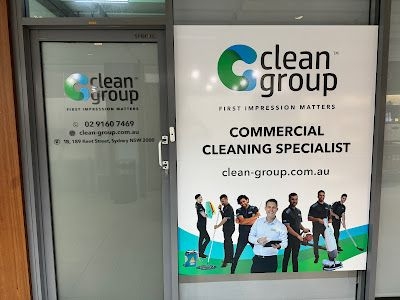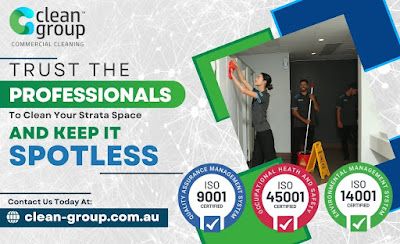
What commercial spaces does Clean Group clean besides offices?
How reliable are Clean Group’s commercial cleaning services?
Green cleaning initiatives are not just limited to the products used, but also extend to the overall processes employed. As a family-owned business, Clean Group places a strong emphasis on building lasting relationships with clients. They treat every client like part of the family and go the extra mile to ensure satisfaction. Over the years, Clean Group has earned the trust of a wide range of clients, including leading brands across Kings Cross, NSW. Their dedication to customer service and commitment to high-quality cleaning has made them the go-to cleaning service provider for businesses in the area. Commercial Cleaning Kings Cross The reputation Clean Group has built over the years is a testament to its outstanding service. Many leading brands in Kings Cross trust Clean Group with their commercial cleaning needs. From small businesses to large corporations, Clean Group has demonstrated its ability to meet the cleaning demands of diverse industries. Their expertise in cleaning various commercial spaces ensures that every client receives tailored services that meet the unique requirements of their workplace.. For example, some cleaning services now offer water-saving technologies, like high-efficiency steam cleaners, that minimize water consumption while still providing deep cleaning. Additionally, the use of microfiber cloths, which require less detergent and water to clean effectively, has gained popularity in commercial and residential cleaning. These cloths are highly effective at trapping dirt and bacteria without leaving behind lint or chemical residues, making them an ideal option for green cleaning practices.
As the commercial cleaning sector becomes more competitive, it is increasingly important for companies to differentiate themselves through value-added services. Many cleaning providers now offer additional services that go beyond traditional cleaning tasks. For instance, some companies offer janitorial supply management, where they monitor and replenish cleaning supplies such as paper towels, toilet paper, and soap. Others may provide specialized services like floor care, carpet cleaning, or window washing, tailored to meet the unique needs of their clients. Additionally, some commercial cleaning companies offer emergency cleaning services, such as cleaning up after floods, fire damage, or other unexpected incidents. By diversifying their service offerings, cleaning companies can build stronger relationships with their clients, offering convenience and reliability while boosting their revenue streams.
Training and certification programs are evolving to include soft skills and customer experience competencies. Today's clients demand not only effective cleaning but also respectful, professional interactions. Training modules now commonly incorporate communication skills, cultural sensitivity, and problem-solving techniques to ensure that cleaning staff contribute positively to the client's workplace culture. Recognition programs and career advancement pathways also help motivate teams and reduce turnover.
Can Clean Group handle cleaning for gyms and healthcare centers?

